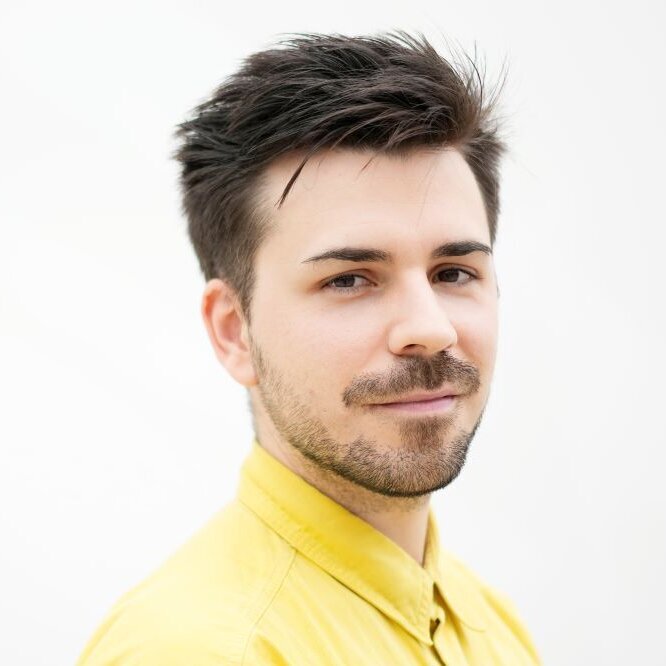Composing an Escape Room: Test of an Interactive Music Theatre Model
In commercial escape room-games, participants must escape from a locked room by solving challenges before the time runs out. Participants win when they solve all the puzzles necessary to escape.
The design of these real-life games incorporates a multidisciplinary approach, combining elements such as cooperation between individuals, the creation of puzzles that require both physical and mental skills, the design of real-world settings and props, or the integration of different multimedia resources.

Over the last few years, escape room techniques have been adopted in a variety of fields including education, tourism, and training for individuals in high-pressure job settings. Nevertheless, there is a gap regarding the implementation of these strategies in the context of Western contemporary music theatre.
With this artistic-academic research project, I investigate methods, problems and outcomes arising from the application of escape room methods in the composition of real-life music theatre works. To this end, I examine the key constructive tactics used in escape rooms by reviewing literature, academic sources, conducting interviews with designers and players, and documenting my own experiences as a gamer. I then create two escape rooms of different dimensions and characteristics. Subsequently, I draw data from the documentation of each stage in the production process, rehearsals with performers, interviews with all actors involved, and documentation of the game sessions.
My main interest is in how these investigations can lead to the emergence of new forms, interactive dimensions, and aesthetics in contemporary music theatre.
First supervisor: Univ. Prof. François Sarhan, ABPU
Second supervisor: Prof. Dr Martin Kaltenbrunner, University of Art and Design Linz
Third supervisor: Dr Teresa Carrasco, Bern University of the Arts
Biography
In his works, composer Óscar Escudero plays with augmented sound, video and virtual spaces. His productions address social networks as ideology, the mutation of formerly analogue concepts of ‘body’, ‘time’ or ‘stage’ into total virtual representations, digital archaeology, and SPAM creation as resistance to the ‘algorithmization of social life’.
Escudero’s artistic productions have been commissioned by ensemble mosaik (DE), Sarah Maria Sun (DE), United Instruments of Lucilin (LU) and Quartet Gerhard (ES), among others, and performed at international festivals such as Munich Biennale (Munich), ECLAT Festival (Stuttgart), Rainy Days (Luxembourg), Wien Modern, KunstfestWeimar, and Warsaw Autumn.
His work has been recognized with several international prizes such as the Prix Ars Electronica 2021 (Honorary Mention for Subnormal Europe) Giga-Hertz Spezialpreis 2018 (ZKM, EXPERIMENTALSTUDIO), Busoni Förderpreis 2017 (Akademie der Künste, Berlin), and Premio Jóvenes Compositores SGAE-CNDM 2015 (Spanish Ministry of Culture). Escudero studied oboe with Francisco Gil and composition at the Conservatorio Superior de Música de Aragón with Jesús Rueda and Agustí Charles, at the Royal Academy of Music Aarhus with Niels Rønsholdt and Joanna Bailie, and at the Anton Bruckner Private University with Carola Bauckholt.
From 2014 until 2016 he was a faculty member of the Master’s Degree in Music Research at the International University of La Rioja, and from 2021-2023 he was a lecturer in the Composition Department of the Conservatorio Superior de Música de Aragón in Zaragoza. He collaborates with the composer and music dramatist Belenish Moreno-Gil, with whom he co-directs the company CLAMMY, dedicated to the creation and production of musical theatre pieces.